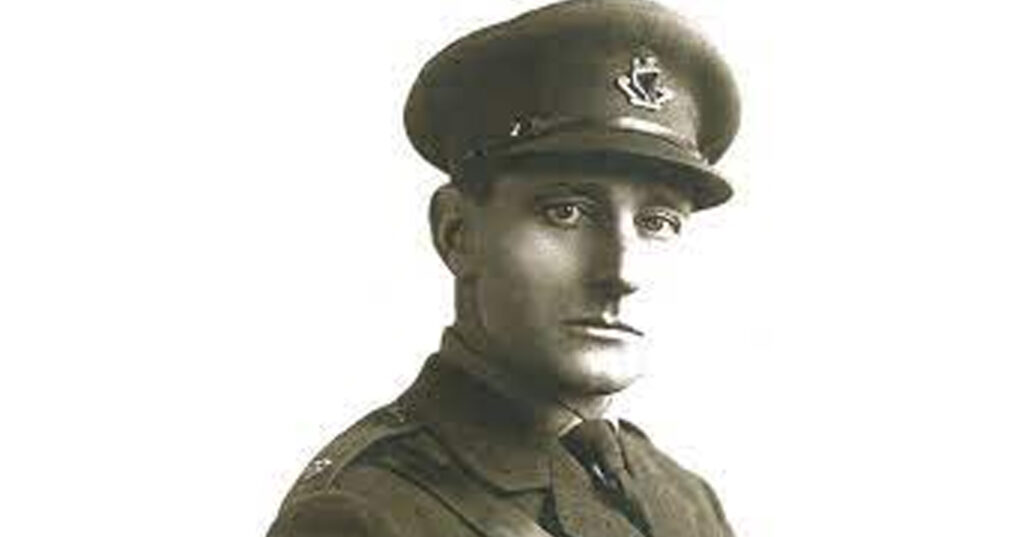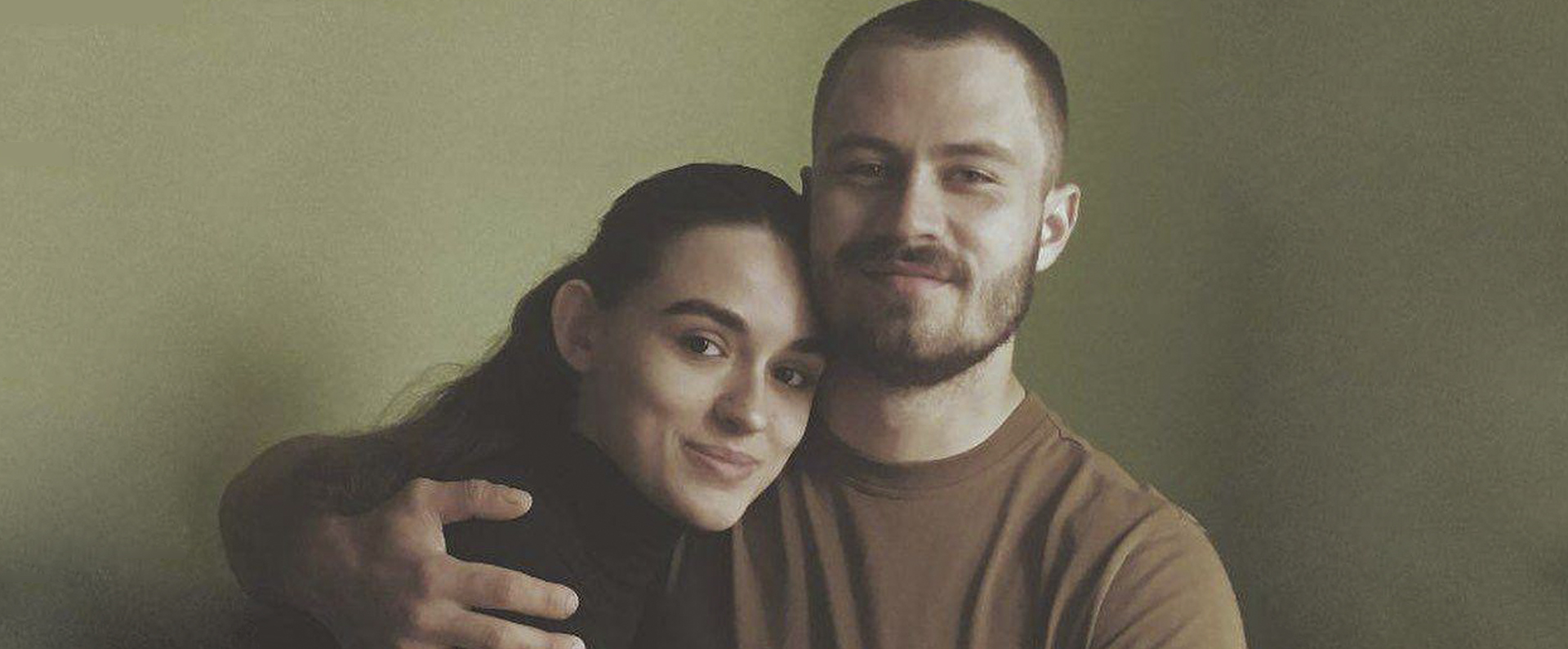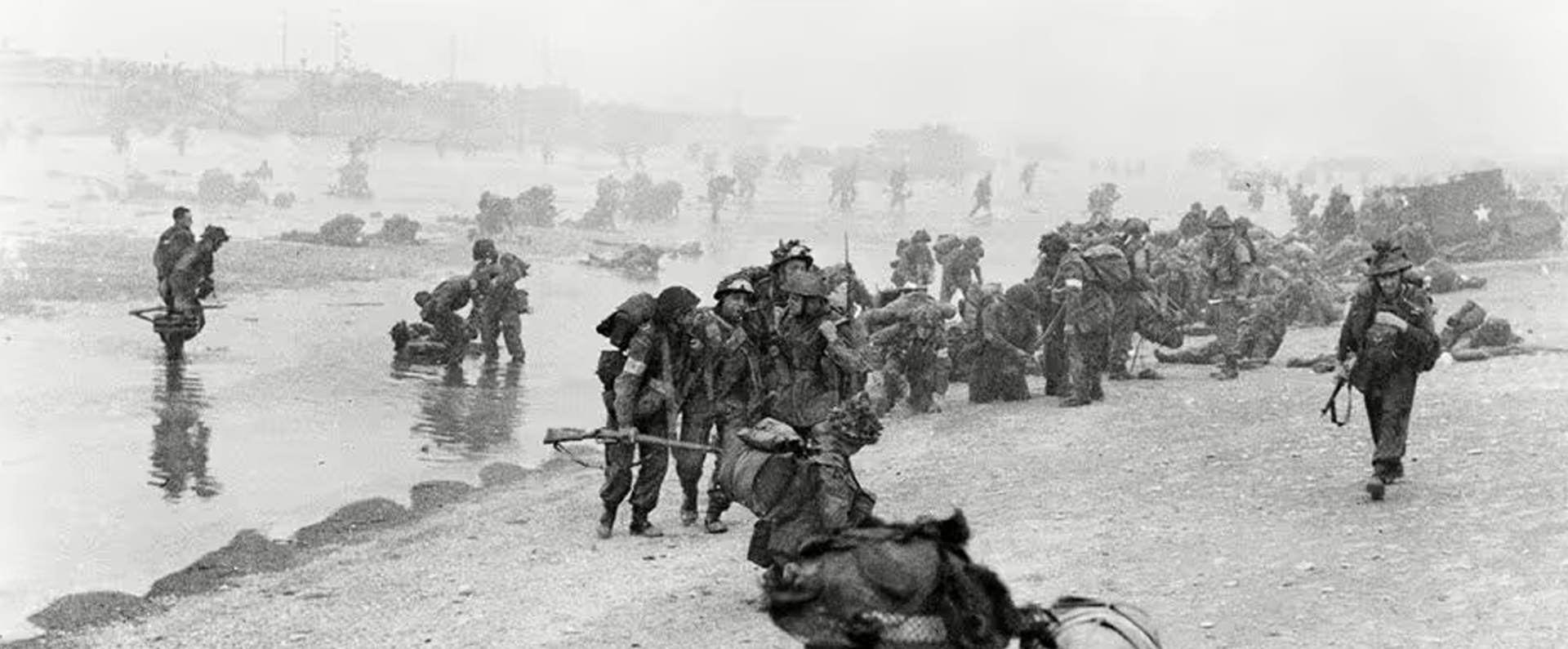
Published in the Sunday Telegraph on 03 August 2014.
Richard Annesley West – Courage on horseback in the age of the tank
Few men can have contributed more to the last year of the war effort than Acting Lt Col Richard West. His bravery was matched only by his leadership skills and as a result he received no fewer than four gallantry awards in 1918.
As the Great War neared its close in the summer of 1918, there was no doubt that West had more than “done his bit”. By then, he was the recipient of the Distinguished Service Order (DSO) and in August 1918 he twice displayed such bravery that he was later rewarded with two further gallantry medals. On top of these formidable achievements, West was mentioned in dispatches three times.
So, on the first day of September 1918, as he approached his 40th birthday, West could have been forgiven for displaying the instinct for self preservation and “coasting” the final weeks and months of the conflict. However, coasting was simply not part of West’s make-up: he always rose to a challenge even if it meant risking his life yet again.
Richard Annesley West was born in Cheltenham, Gloucestershire, on September 26, 1878, but his roots were Irish. His father was Augustus West, from Whitepark, Co Fermanagh, who had served as a lieutenant with the 76th Hindustan Regiment. The regiment got its name from distinguishing itself in Hindustan and was often known affectionately as the “Seven and Sixpennies” from its number.
The youthful Richard West was educated in Britain: first at Channel View School, Clevedon, then in Somerset, and later at nearby Monkton Combe School. After finishing his schooling, West attended Uckfield Agricultural College in Sussex. However, if he had intentions of pursuing a career as a landowner and farmer, they did not last long. It was the time of the Second Boer War (1899–1902) and, like his father before him, West joined the Army.
During the war, West served both in the ranks as a trooper in the Imperial Yeomanry and later as a lieutenant in Kitchener’s Fighting Scouts. He continued his military career in South Africa long after the war was over and it was while serving in the country that he is believed to have met his wife, Maude Cushing. The couple were married in Pretoria, Transvaal, on July 16, 1909, and had a daughter. Immediately after the outbreak of the Great War, West rejoined the Army through the North Irish Horse, part of the Cavalry Special Reserve. He was promoted to lieutenant on August 11, 1914, and left for France that month. The North Irish Horse arrived in France on August 20 and was soon involved in the thick of the action. As part of the British Expeditionary Force, they were quickly pushed forward, reaching the Franco-Belgian frontier in time to relieve the pressure on the retreating forces. They were involved in much of the fierce fighting that followed as the French and British forces fell back towards Paris.
During the subsequent battles of the Marne and the Aisne, both the North and the South Irish Horse were employed in the woods rounding up parties of German Uhlans, the energetic cavalry units that scouted ahead of the main Imperial Army.
If accounts from the front line were to be believed, the British had the better of these exchanges. Capt Stewart Richardson, of the North Irish Horse, wrote to a friend in Belfast: “They run like scalded cats when they see you and are always in close formation as if afraid to separate. I had a grand hunt after 20 (there were five of us), and we got four dead, picking up two more afterwards. We came on them round the corner of a street, and they went like hunted deer.”
West, who had embarked for France as a lieutenant in C Squadron, served with distinction during the early months of the war: he survived the retreat from Mons and was mentioned in dispatches in Sir John French’s first despatch of the Great War. West’s leadership qualities were rewarded when he was promoted to captain on November 18, 1915. Shortly before this promotion, he had been briefly attached to the North Somerset Yeomanry with the temporary rank of major.
Despite serving throughout the war and seeing a lot of action, it was not until the final year of the conflict that he received the first of four gallantry medals for his actions in 1917. On New Year’s Day 1918, The London Gazette announced he had been awarded the Distinguished Service Order (DSO). His citation read: “On April 11, 1917, at Monchy-le-Preux, his squadron was sent forward to reinforce the right flank of the brigade under very heavy shell and machine-gun fire. By his excellent example, rapid grasp of the situation and skilful disposition of his squadron he did much to avert an impending German counter-attack. He had shown great ability in command of a squadron since July 1915.”
West became an acting major in the Tank Corps on January 18, 1918, and acting lieutenant colonel on August 22 of the same year, in command of the 6th Light Tank Battalion. He showed bravery for which he was rewarded with his second decoration, the Military Cross (MC). This was announced in The London Gazette on November 7, 1918, when his citation stated: “During the advance on Aug 8 at Guillencourt, in command of a company of Light Tanks, he displayed magnificent leadership and personal bravery. He was able to point out many targets to his tanks that they would not otherwise have seen. During the day he had two horses shot under him, while he and his orderly between them killed five of the enemy and took seven prisoners. On the 10th he rendered great services to the Cavalry by personally reconnoitring the ground in front of Le Quesnoy, and later in the day, under very heavy machine-gun fire, rallied and organised the crew of tanks that had been ditched, withdrawing them after dark.”
Less than two weeks after the action at Guillencourt, West earned a bar for his DSO by displaying further courage. This decoration was also announced in The London Gazette on November 7, 1918 when his citation read: “For conspicuous gallantry near Courcelles on Aug 21, 1918. In consequence of this action being fought in a thick mist, this officer decided to accompany the attack to assist in maintaining direction and cohesion. This he did mounted, until his horse was shot under him, then on foot until the final objective was reached.
‘‘During the advance, in addition to directing his tanks, he rallied and led forward small bodies of infantry lost in the mist, showing throughout a fine example of leadership and a total disregard of personal safety, and materially contributed to the success of the operations. Major West was in command of the battalion most of the time, his commanding officer having been killed early in the action. The consistent gallantry displayed by this officer throughout the operations since Aug 8 has been remarkable.”
However, by the time that both the Bar to his DSO and his MC has been announced, West had eclipsed both by earning a posthumous Victoria Cross (VC) through his outstanding gallantry on August 21 and again on September 2, when he died on the battlefield. His VC was announced in The London Gazette on October 3, 1918, only a month and a day after West had been killed.
The second part of his citation, relating to the action in which he had been killed, read: “On a subsequent occasion, it was intended that a battalion of Light Tanks, under the command of this officer, should exploit the initial Infantry and Heavy Tank attack. He therefore went forward in order to keep in touch with the progress of the battle, and arrived at the front line when the enemy were in process of delivering a local counter-attack.
‘‘The Infantry Battalion had suffered heavy officer casualties, and its flanks were exposed. Realising that there was a danger of this battalion giving way, he at once rode out in front of them under extremely heavy machine-gun and rifle fire and rallied the men. In spite of the fact that the enemy were close upon him, he took charge of the situation and detailed non-commissioned officers to replace officer casualties. He then rode up and down in front of them in face of certain death, encouraging the men and calling to them: ‘Stick it, men; show them fight, and for God’s sake put up a good fight.’
‘‘He fell riddled by machine-gun bullets. The magnificent bravery of this very gallant officer at the critical moment inspired the infantry to redoubled efforts, and the hostile attack was defeated.”
By any standards, West’s contribution to the British war effort had been phenomenal. Yet, like so many of his young comrades, he failed to survive the conflict: of some six million men from Britain who served in the Armed Forces more than 800,000 perished.
The Daily Mirror welcomed the news of West’s VC with the headline: “Splendidly won VC”, which was above two photographs, one of West and the other of his widow. West’s widow received his posthumous VC from King George V in an investiture at Buckingham Palace on February 15, 1919. Today West’s grave bears an image of the VC and his gravestone is inscribed with words from the Book of John: “Greater love hath no man than this, that a man lay down his life for his friends.”
I purchased West’s medal group privately in 2002, 16 years after I first started to build my medal collection. Such was the quality of his medal group, in general, and West’s VC, in particular, that I paid significantly higher than the record auction price at that time. Today, West’s medal group is on show at Imperial War Museums London, as part of the largest display of VCs in the world.
Download a PDF of the original Sunday Telegraph supplement
For more information, visit:
LordAshcroftOnBravery.com


